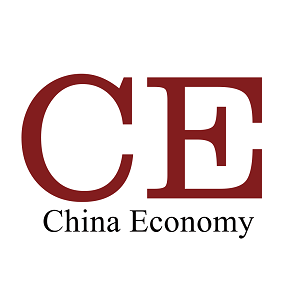China will improve its basic socialist economic system in the new era to promote the high-quality development of the economy.
China's economy has shifted from a stage of rapid growth to a stage of high-quality development, which requires deepening market-oriented reforms and the expansion of high-level opening-up, according to a guideline issued by the Communist Party of China Central Committee and the State Council.
According to the guideline, China vows to create an institutional environment supporting high-quality development of the non-public economy, and improve the implementation rules and specific measures to support private enterprises to enter the fields of electricity, oil and gas, etc. It also stressed to greatly loosen market access for private enterprises to enter the services sector, release more development space to social capital and increase the supply of financial services for small- and medium-sized enterprises.
The country will also deepen reform of the capital market. At the end of last month, China announced it will pilot a reform to fast track initial public offerings (IPOs) on Shenzhen's start-up board ChiNext. The guideline said China will continue to improve the market's transparency and authenticity with information disclosure as its core.
China will continue to open up the economy by accelerating the establishment of free trade pilot zones and ports, and replicate reform outcomes on a larger scale, said the guideline. The country will further establish the new port area of China (Shanghai) Pilot Free Trade Zone, giving it greater authority for independent development, reform and innovation. Trade and investment liberalization and facilitation will be enhanced, and the construction of Hainan Free Trade Port will be steadily promoted.
Moreover, China will continue to improve a high-level open policy mechanism. The country will host the China International Import Expo this year, increase the import of goods and services on a larger scale, reduce the overall tariffs, eliminate non-tariff trade barriers, substantially reduce the institutional costs of imports and exports process, and promote balanced development of trade.
It will promote the opening up of manufacturing, service, and agriculture, allow foreign investment to hold shares or ownership in more areas, and fully scrap restrictions outside the negative list of foreign investment.



